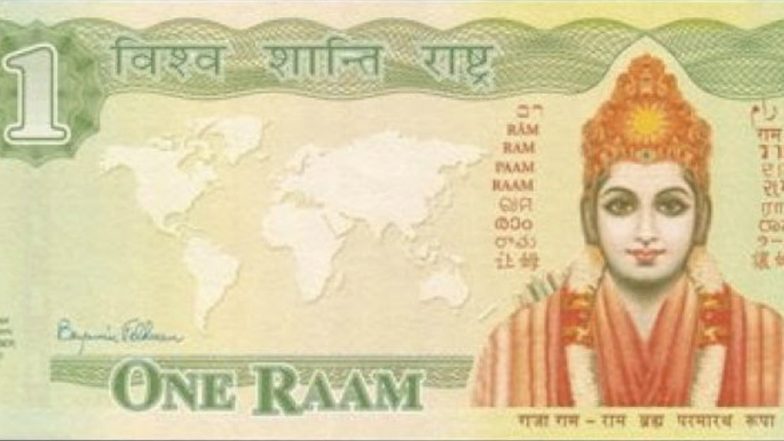Washington, January 26: The International Monetary Fund (IMF) has warned El Salvador to no longer use Bitcoin as a legal tender, citing large risks for financial and market integrity, financial stability, and consumer protection.
El Salvador in September last year became the first country in the world to adopt bitcoin as an official currency. The central American nation announced that it plans to buy “a lot more” bitcoins soon. It purchased 200 tokens earlier and another 200 more ahead of its rollout as a legal tender. El Salvador Set to Become World’s First Country to Adopt Bitcoin as Legal Tender, President Nayib Bukele Says ‘Bill Almost Ready’.
In a statement, the IMF said that the adoption of a cryptocurrency as legal tender can also create contingent liabilities. The IMF agreed on the importance of boosting financial inclusion and noted that digital means of payment — such as the Chivo e-wallet — could play this role.
However, the IMF urged the authorities to narrow the scope of the Bitcoin law by removing Bitcoin’s legal tender status. Some IMF directors also expressed concern over the risks associated with issuing Bitcoin-backed bonds. Global Crypto Market Suffers $1 Trillion Loss as Bitcoin Crashes.
El Salvador is accepting payment in bitcoin alongside the US dollar, which has been El Salvador’s official currency since 2001. Bitcoin, along with other digital cryptocurrencies, has crashed to its lowest levels and the continuing meltdown has wiped out over $1 trillion from the global crypto market value.
Bitcoin was hovering around $37,000 per coin on Wednesday and the largest digital asset by market value has lost nearly 50 per cent since reaching its peak in November 2021. Bitcoin hit an all-time high of roughly $69,000 in November. The crypto crash came as the US Federal Reserve raised the possibility of boosting interest rates as soon as March and withdrawing stimulus from the market.
(The above story first appeared on Morning Tidings on Jan 26, 2022 02:24 PM IST. For more news and updates on politics, world, sports, entertainment and lifestyle, log on to our website morningtidings.com).
